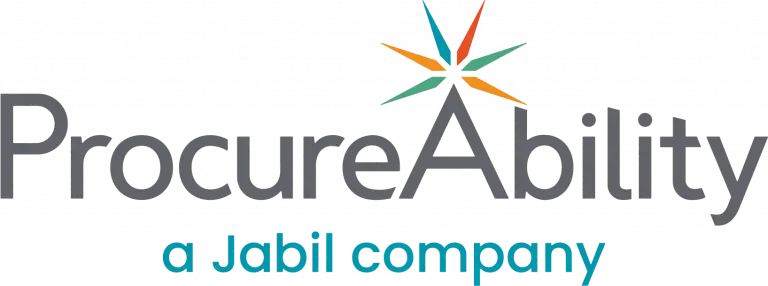Back to the Basics: Contracting 101
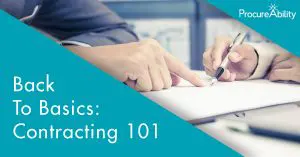 One of the fundamental aspects of Procurement is contracting. Many procurement professionals work with contracts daily, drafting, negotiating, modifying, or closing them. This blog is intended to revisit the basics around contracting as a helpful refresher or a crash course.
One of the fundamental aspects of Procurement is contracting. Many procurement professionals work with contracts daily, drafting, negotiating, modifying, or closing them. This blog is intended to revisit the basics around contracting as a helpful refresher or a crash course.
What is a contract?
We all know what a contract is, but really, what is it? By definition it’s a written or spoken agreement that is intended to be enforceable by law. It’s an agreement between one or more parties to do, or not to do something, and a statement of the consequences that will ensue. Essentially, a contact is a statement of bargained-for risk and for it to be legally binding, three elements must be established:
1. Mutual Assent: Each party must have a shared understanding about the subject matter of the contract
2. Offer and Acceptance: One of the parties must clearly communicate their intent to be bound by a contract and the other party must render acceptance in unambiguous terms
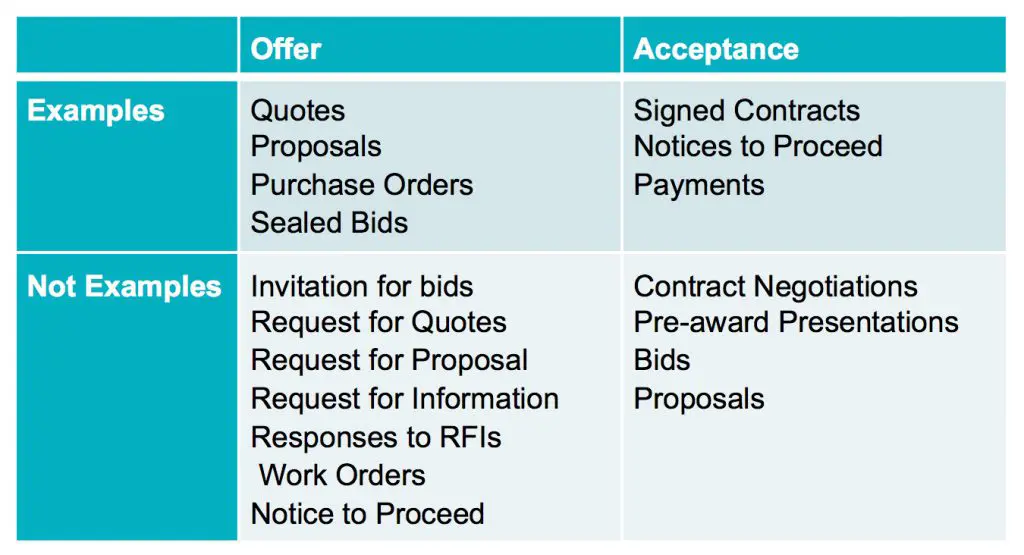
3. Consideration: Each party must agree to give up something of value in exchange for a benefit
Roles During the Contracting Process
Procurement is smack dab in the middle of the creating contracts and is responsible for executing the contract and managing it through its life cycle. This means procurement is responsible for communicating with all parties involved (the business units, supplier, and legal counsel), assisting in the drafting and redlining process, and having it executed (signed) by the appropriate parties. The diagram below helps highlight the dynamic between the parties involved.
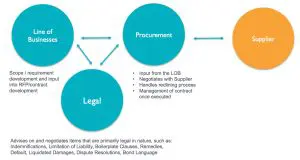
Mastering the Fundamentals of Contracting
To be a successful Procurement Department, you need to master the fundamentals first, and the contracting component is paramount. Without understanding the contracting basics, your company’s contracting process will be highly inefficient, negotiating with suppliers will be extremely difficult, and your contracts will likely not be risk averse, which can result in significant monetary loss to the business.
For more information on how we can help support your development in this area, and many others in the procurement space, please don’t hesitate to contact us.
Subscribe to ProcureAbility Insights to access whitepapers, presentations, plus our latest thought leadership.
